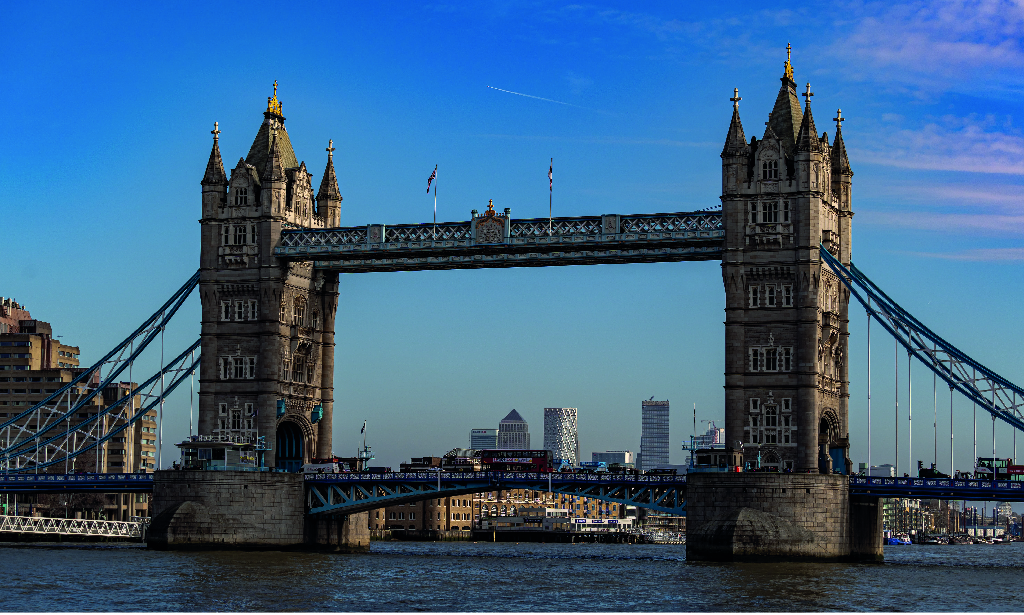Among other issues, the Brexit, means that the flows of goods between Spain and the United Kingdom are no longer considered as intra-community operations but are subject to customs formalities.
The Agreement on the Disengagement of the United Kingdom from the European Union provides for a transitional period during which the United Kingdom will already be a third country, but EU law will continue to apply to it. In other words, Community law will continue to be applied in the United Kingdom in relation to the internal market, customs union and the Community’s policies.
In particular, in the transitional period the treatment for indirect tax purposes of transactions with the country will be similar to that which currently exists:
- In the traffic of goods, transactions will continue to be treated as intra-Community transactions without border controls.
- In the traffic of services, the taxation in VAT will be the same as now.
This transitional period will be until 31 December 2020 and may be extended to one or two years, a decision to be taken jointly by the European Union and the United Kingdom. However, here we share with you aspects to be taken into account for the transition:
- Customs regimes:
From 1 January 2021, all companies must make customs declarations when moving their goods into and out of the EU, and they must obtain an EORI number for these purposes.
Under current regulations, exporters must complete an Intrastat declaration when bringing goods into the UK. An individual valuation declaration must accompany the import entry for goods subject to a duty where the value of the goods exceeds GBP 6,000.
The Simplified Customs Transport Process (CFSP) is an electronic declaration method designed to improve and simplify the customs processes for the clearance of imported goods at the border, in a free zone or in a customs warehouse. These include firearms and explosives, nuclear materials, controlled substances, and certain items of military equipment. Temporary imported goods (for re-export, control and test, repair, professional demonstration, etc.) may be admitted without payment of duties and taxes.
- Tariffs and taxes on imports:
The Combined Nomenclature of the European Community (EC) integrates the HS nomenclature and complements this with its own subheadings with an eight-digit numerical code and its own legal notes created for the Community.
Customs duties (and VAT on import) are applied to imported goods whose value exceeds GBP 135. Textiles, clothing (high tax and quota regime), and food processing industries (average tax of 17.3% and many tariff quotas, CAP) still have protective measures.
To obtain the full regulations and duty rates for their products, exporters can access the TARIC code and its database, which includes all applicable tariffs and trade policy measures for any type of item.
So far some of the most important recommendations to consider. This will help to avoid, or minimize any negative impact this new situation might have on business. We are here to support you and simplify your work.
Know all our services, take a look at our website.

